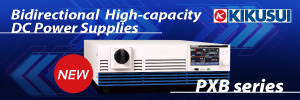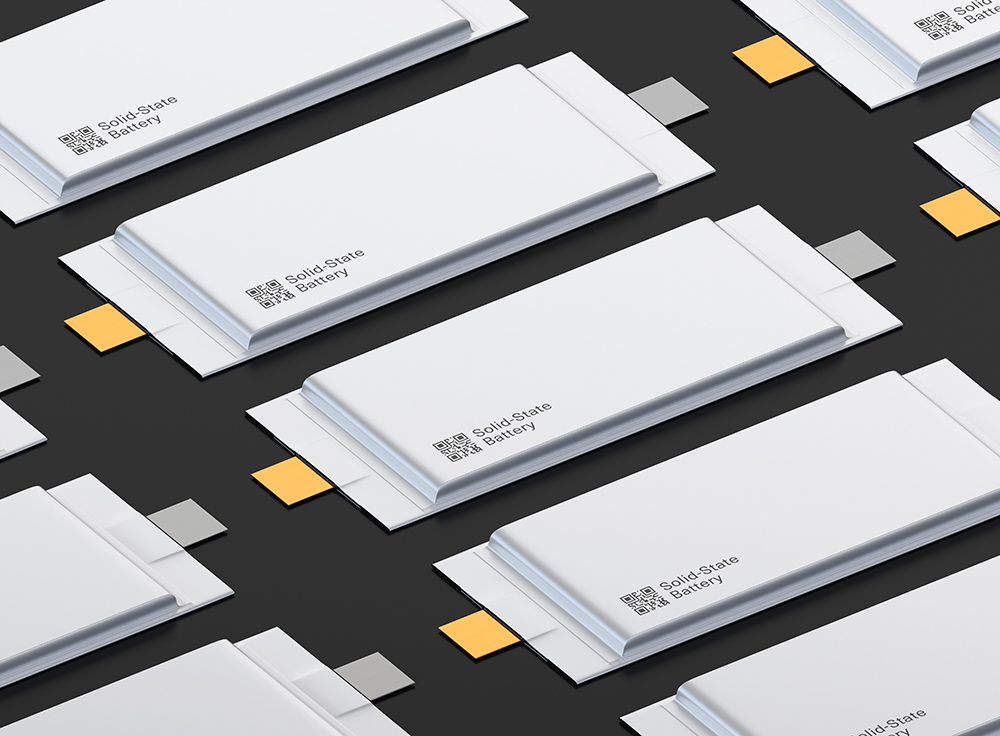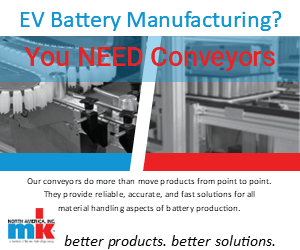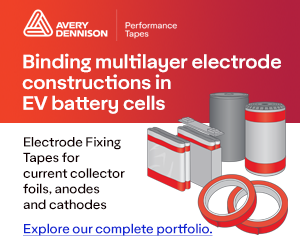ION Storage Systems, a Maryland-based manufacturer of solid-state batteries, has announced that its anodeless and compressionless SSB achieved a key threshold with its first market deployment with the US military.
ION says its SSB successfully exceeded 125 cycles with less than 5% capacity degradation in performance, offering the potential for more than 1,000 cycles in future deployments. ION has been working with the DoD to rigorously test its SSB battery before expanding into other markets, including electric vehicles, energy storage, consumer electronics and aerospace.
ION’s US-made SSB battery cell is based on the company’s patented solid-state lithium metal technology. It uses a 3D ceramic structure, and requires no cobalt, graphite or nickel. It features an anodeless design, and requires no compression, swell budget, extensive cooling system or heavy fire barriers. ION’s SSB has achieved ARPA-E and DOE VTO fast-charge goals at room temperature.
ION has designed its batteries with rapidly scalable manufacturing in mind. Thanks to a recent supply agreement with Saint-Gobain, ION says it is “poised to manufacture its solid-state batteries at scale.”
“We’re not merely meeting expectations; we’re setting the standard,” said ION CEO Ricky Hanna. “Our dedicated team of battery scientists work tirelessly to develop better, safer, and more energy-dense batteries. Since day one, our objective has been to craft an advanced solid-state battery that offers a more powerful, reliable and safer battery, manufactured at scale, and this achievement is a pivotal step towards that vision.”
Source: ION Storage Systems



















































